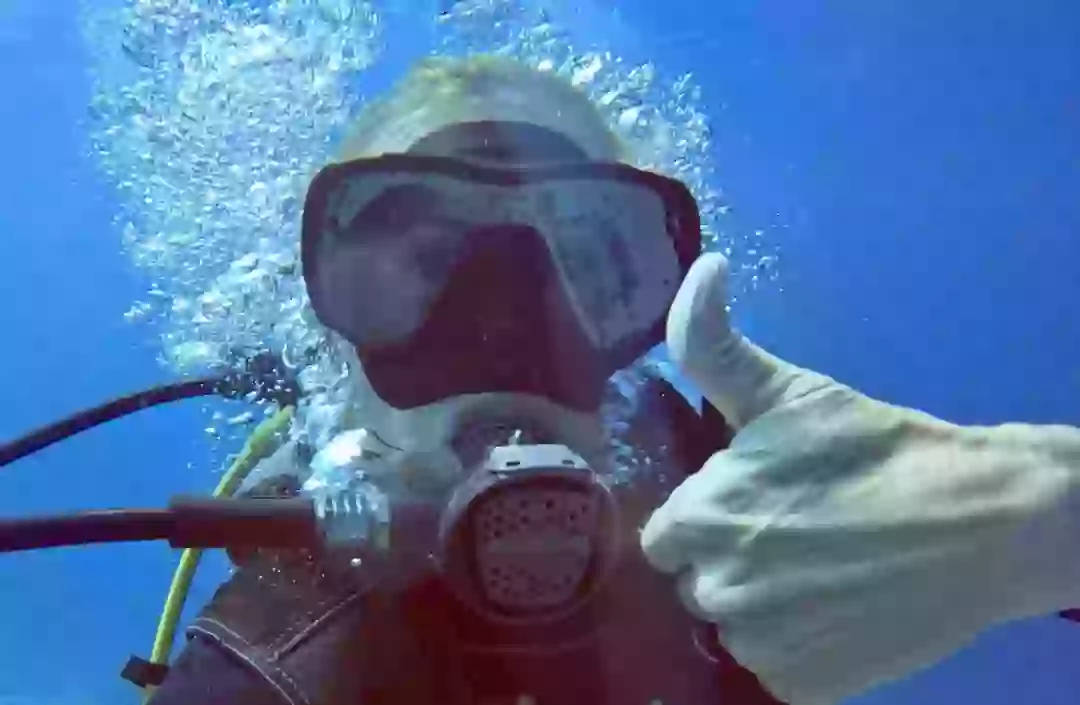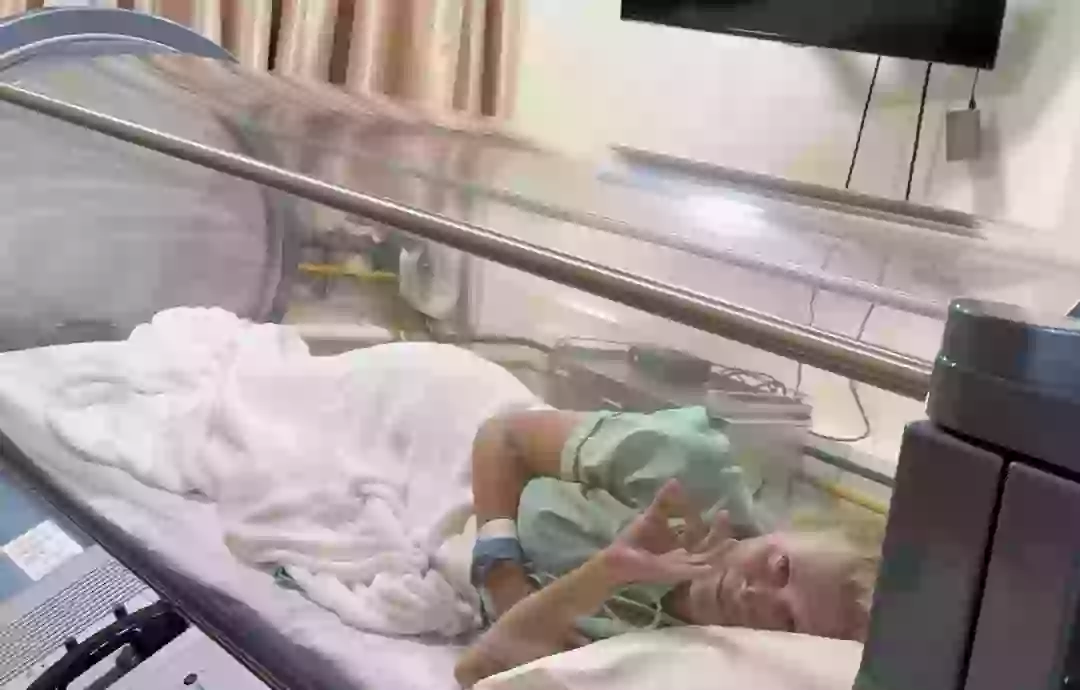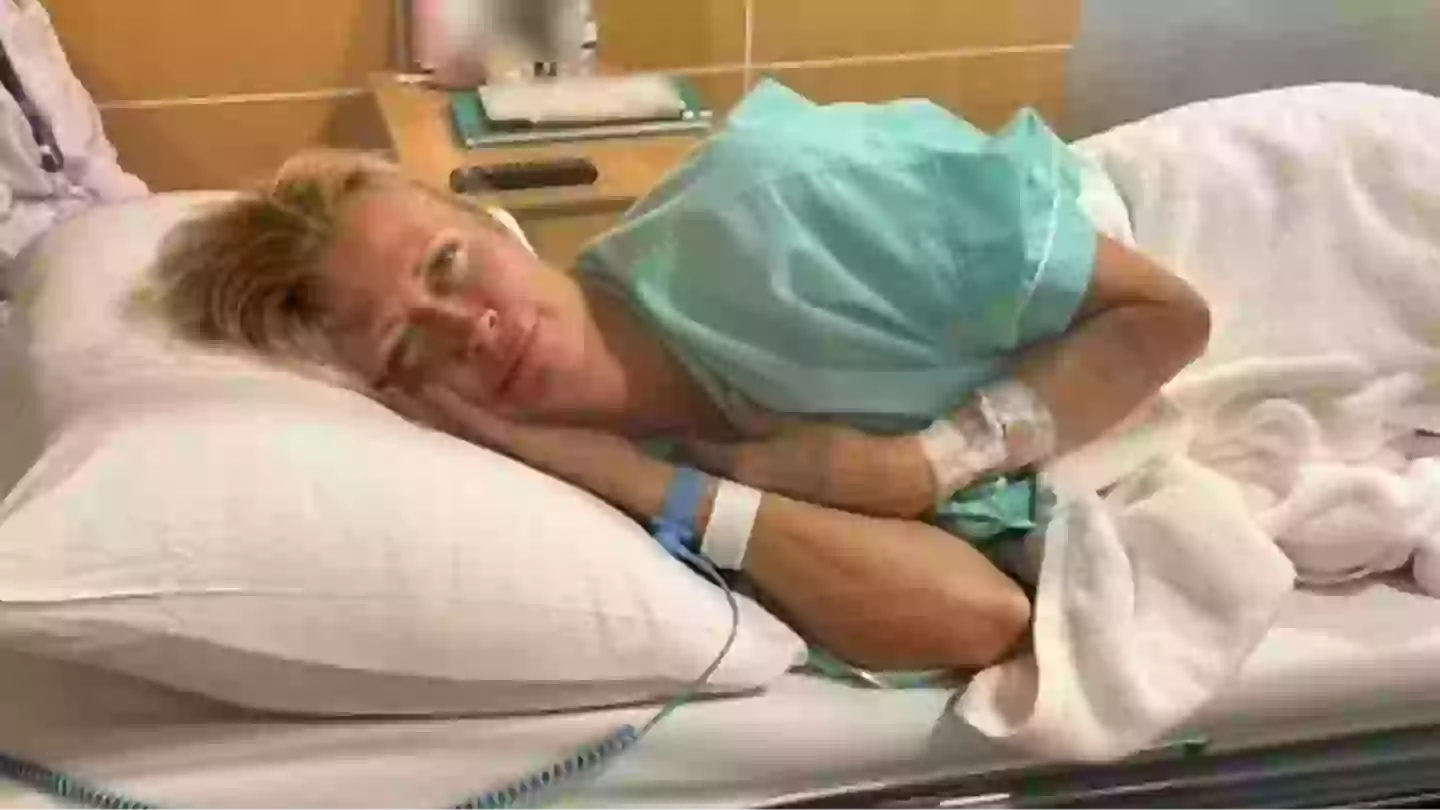A Californian’s tropical expedition has left lasting effects as symptoms initially dismissed as simple “fluid deficiency” continue to plague her a year later.
Elizabeth Savage had long harbored aspirations of exploring Thailand, and in March 2024, she finally ventured to Khao Lak, fulfilling her desire to experience underwater exploration in the Southeast Asian paradise.

The 57-year-old mother had successfully completed dives reaching depths of 82 feet and witnessed “breathtaking” underwater vistas, but following her 23rd ocean immersion, she began experiencing “radiating discomfort” throughout her upper and lower extremities.
Reflecting on the incident, Elizabeth recounted: “I expressed my concerns to the diving supervisor and felt somewhat anxious. Their assessment was that I was likely experiencing dehydration or perhaps a compressed nerve.”
Elizabeth received instructions to “take pain relievers and rest below deck,” and after sixty minutes, crew members announced preparations for the day’s second underwater excursion.
“They encouraged my participation, insisting it would be an exceptional dive,” Elizabeth remembered. “I deferred to their expertise, assuming they knew best—a misplaced confidence, in retrospect. I proceeded with a second dive, which I now realize was a critical error given what I’ve since learned.”
Regrettably, retrospective clarity couldn’t prevent Elizabeth’s decision to join the subsequent dive, after which she experienced “excruciating pain radiating from her cervical region downward” upon resurfacing.
Elizabeth “lost function in both her arms and legs,” necessitating transport via small boat back to the main vessel. There, after “persistent requests,” crew members administered oxygen for a quarter-hour—yet Elizabeth remained convinced something was seriously wrong.

“The crew maintained it was merely dehydration, so I consumed excessive amounts of water, only to discover I couldn’t void my bladder,” she explained. “I didn’t comprehend what was happening internally. My primary concern was my non-functioning legs…”
“Protocol should have dictated immediate evacuation from the vessel to a medical facility, but instead, crucial time was lost.”
It wasn’t until Elizabeth reached shore and received hospital care that she learned she had developed decompression illness—colloquially known as “the bends”—a condition caused by nitrogen bubbles forming in blood vessels and body tissues during rapid pressure transitions.
Elizabeth required treatment in a hyperbaric chamber to help her body acclimate to normal pressure and allow gas bubbles to dissolve.
“Delaying oxygen therapy and hyperbaric treatment results in permanent, irreversible damage, yet they continued to minimize my symptoms… I’m fortunate to have survived the treatment delay, as the nitrogen bubble nearly traveled to my brain,” she noted.

Following ten hyperbaric chamber sessions, Elizabeth was medically transported back to the United States for continued treatment.
“American specialists confirmed I had sustained significant spinal cord trauma but indicated limited treatment options. Nerve inflammation along the spinal column essentially restricts blood supply to nerves, causing them to deteriorate,” Elizabeth clarified.
Twelve months later, the mother continues to battle severe neuropathic pain that is “dramatically reducing” her quality of life.
“Nighttime rest eludes me due to nerve discomfort. I still must perform self-catheterization regularly because I cannot empty my bladder naturally,” Elizabeth shared.
“My health insurance doesn’t cover any of these necessities in the United States. I can neither access nor afford these treatments, creating significant financial hardship.”
As a final resort, Elizabeth now places her hopes in stem cell therapy. Failing that, she intends to work toward “finding peace” with the reality that her condition “may not improve.”
To increase public understanding about decompression sickness, Elizabeth has established an online community called “Decompression Sickness DCS DCI” where individuals can exchange experiences.
She reflected: “While I cannot alter my circumstances, if sharing my experience helps someone identify decompression sickness symptoms early or encourages someone to honor their intuition when something seems amiss, then my story serves a purpose.”
“No underwater adventure justifies risking your survival or your future well-being.”

